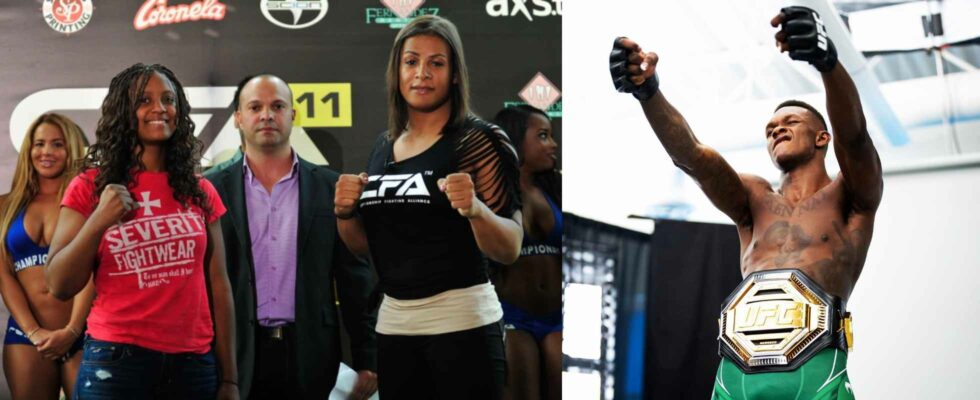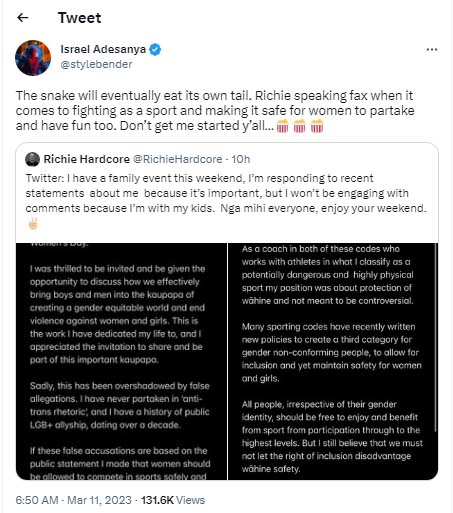On Thursday, the U.S. House Education and Workforce Committee passed a controversial bill that would prevent transgender girls from participating in school sports that align with their gender identity.
H.R. 734, introduced by Republican Rep. Greg Steube of Florida, would amend Title IX to require student athletes to participate in sports according to their “reproductive biology and genetics at birth.” The legislation is part of a larger effort by Republican lawmakers in several states to restrict the rights of transgender student athletes.
But over in New Zealand, there’s another controversy brewing, a women’s rights group apologized for choosing kickboxing trainer Richie Hardcore as one of their spokesmen.
Hardcore is known for his advocacy work on social issues, particularly around family violence. In the promotional announcement, UN Women Aotearoa New Zealand highlighted Hardcore’s dedication to raising awareness, prompting discussion, and inspiring change. But his involvement in the event sparked controversy, with many accusing him of being transphobic and supporting anti-trans rhetoric.
Hardcore went on to release a length statement on social media detailing:
“I’m deeply hurt and saddened by the
controversy that has emerged following the
UN Women Aotearoa event on International
Women’s Day.”
“| was thrilled to be invited and be given the
opportunity to discuss how we effectively
bring boys and men into the kaupapa of
creating a gender equitable world and end
violence against women and girls. This is
the work | have dedicated my life to, and |
appreciated the invitation to share and be
part of this important kaupapa.”
“Sadly, this has been overshadowed by false
allegations. | have never partaken in ‘anti-
trans rhetoric’ and | have a history of public
LGB+ allyship, dating over a decade.”
“If these false accusations are based on the
public statement | made that women should
be allowed to compete in sports safely and
fairly which related to the participation of
trans identified males in boxing and
kickboxing.”
He went on to stress how important it is for women that inclusion be practicied only in sports that wouldn’t jeopardize women:
“As a coach in both of these codes who
works with athletes in what | classify as a
potentially dangerous and highly physical
sport my position was about protection of
wahine and not meant to be controversial.”
“Many sporting codes have recently written
new policies to create a third category for
gender non-conforming people, to allow for
inclusion and yet maintain safety for women
and girls.”
“All people, irrespective of their gender
identity, should be free to enjoy and benefit
from sport from participation through to the
highest levels. But | still believe that we must
not let the right of inclusion disadvantage
wahine safety”
Following the statement he received unequivocal support from former UFC champion Israel Adesanya:
The proposed legislation to exclude transgender women and girls from female sports teams could have a significant impact on female athletes. Supporters of the legislation argue that it would ensure fair competition and maintain the integrity of female sports.
However, opponents argue that such a ban could have unintended consequences, including discouraging transgender women and girls from participating in sports altogether.
Further, regulation of this sort would also affect the female athletes who may not meet traditional gender norms or have naturally high testosterone levels.

